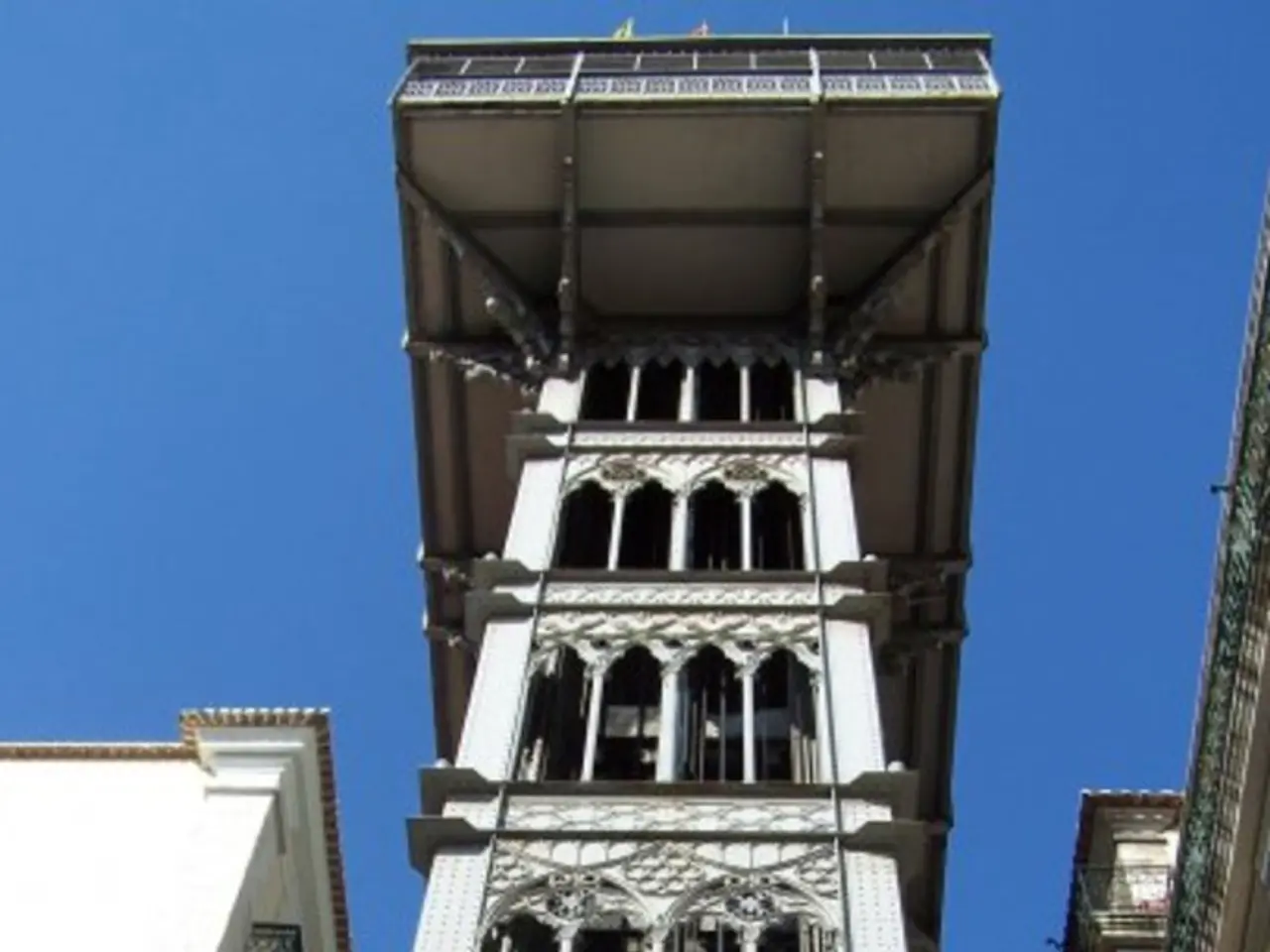Energy Transition Under Habbeck's Law: A Source of Disarray
In Berlin, the energy transition is currently facing significant obstacles that are impacting projects like wind turbine construction in the Grunewald area. These challenges include lengthy approval processes, infrastructure bottlenecks, political and societal resistance, and fluctuations in renewable energy output.
One of the key issues is the slow deployment of renewable energy infrastructure, including wind turbines, due to lengthy approval processes and infrastructure bottlenecks. This situation is further complicated by political and societal resistance, particularly in areas like Grunewald where local environmental concerns and community opposition can arise.
Recently, there has been a notable decrease in wind power, with a 29.2% drop in early 2025 compared to the previous year, impacting the overall renewable share in the electricity mix. This increase in reliance on fossil fuels underscores the fact that Germany’s transition is not yet smooth or fully reliable.
However, potential solutions to these challenges exist. These include streamlining approval and permitting processes, innovative technological developments, enhanced political and societal engagement, and international cooperation and investment mobilization.
In the case of wind turbine construction in Grunewald, addressing local opposition and regulatory hurdles requires community involvement and transparent planning, alongside technological and financial innovations to make wind energy projects viable and widely accepted.
Berlin's governing mayor, Kai Wegner, has stated that they will not fell trees in the Grunewald to set up a wind turbine. The Grunewald is one of the seven possible sites for wind turbine construction in Berlin, and wind turbine construction could occur in the planning-law external area of the city, including forest and open land, subject to an environmental impact assessment permit.
Each federal state is obliged to provide areas for wind turbines due to the accelerated expansion of renewable energies. Other city-states like Bremen and Hamburg are already meeting their wind turbine area requirements. However, Berlin faces uncontrolled wind power development without an adjustment of the legislation, as the deadline for land purchase from other federal states has already expired.
An outcry followed the announcement of the planned deforestation for wind turbines, with a petition against it already signed by around 7,000 people. The conflict over the possible deforestation of the Grunewald in Berlin for wind turbine construction is a challenge in urban energy transition.
In conclusion, Berlin’s energy transition and wind turbine projects in the Grunewald are challenged by bureaucratic, social, and technical hurdles. However, solutions lie in process reform, innovative technologies, social dialogue, and international collaboration to enable Germany’s ambitious climate goals.
- Streamlining approval processes and addressing political and societal resistance are essential to speed up the deployment of renewable energy infrastructure, such as wind turbines, in areas like Grunewald.
- The decrease in wind power and reliance on fossil fuels highlights the need to address fluctuations in renewable energy output and improve the overall reliability of Germany's energy transition.
- Potential solutions for the wind turbine construction in Grunewald include community involvement, transparent planning, technological and financial innovations, and the adjustment of policy and legislation to allow for wind energy projects in designated areas.
- The lack of adjustment in policy and legislation is hindering Berlin's ability to meet its wind turbine area requirements and prevent uncontrolled wind power development, as the deadline for land purchase from other federal states has already expired.
- Conflicts over deforestation for wind turbine construction, like the one happening in Grunewald, are a challenge in urban energy transition and demonstrate the need for social dialogue, international collaboration, and careful planning to achieve Germany's ambitious climate goals.




